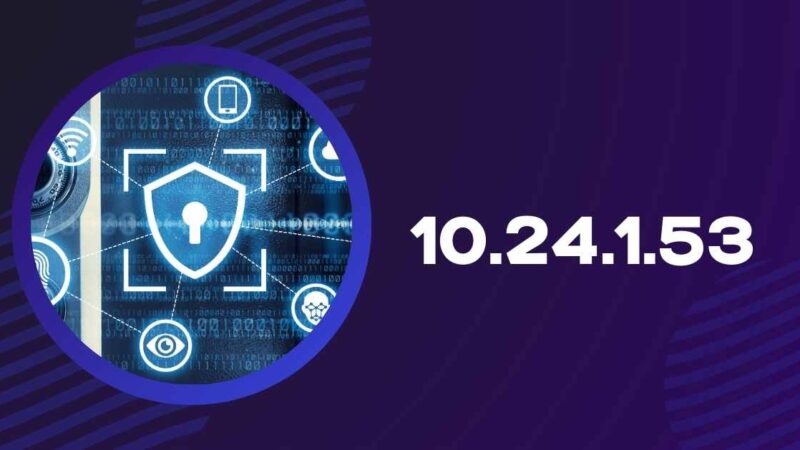AI Technology: Evolution, Impact, and Future Prospects

AI Technology has become an integral part of our daily lives, shaping the way we communicate, work, and live. It encompasses a broad range of tools, systems, and devices designed to solve problems, improve efficiency, and enhance human capabilities. Among the many advancements in technology, Artificial Intelligence (AI) stands out as one of the most transformative innovations. AI is redefining industries, streamlining processes, and making life easier for people worldwide.
Understanding Technology
Technology refers to the application of scientific knowledge to create tools, systems, and processes that solve real-world problems. It spans various domains, from information technology and biotechnology to engineering and robotics. Over the past few decades, technological progress has accelerated, ushering in the digital age where connectivity, automation, and data-driven decision-making are at the forefront.
The Rise of AI Technology
Artificial Intelligence, a subset of technology, focuses on creating machines and software that can mimic human intelligence. This involves learning, reasoning, problem-solving, perception, and language understanding. AI systems are designed to analyze data, recognize patterns, and make decisions with minimal human intervention. The rise of AI technology is attributed to the availability of big data, advancements in computing power, and sophisticated algorithms that enable machines to learn and improve over time.
AI in Daily Life: Transforming Different Fields
AI technology has found applications across various sectors, significantly enhancing productivity and convenience. Let’s explore some of the key areas where AI is making a profound impact:
1. Healthcare
AI is revolutionizing healthcare by improving diagnostics, personalizing treatment plans, and streamlining administrative processes. AI-powered tools can analyze medical images to detect diseases like cancer at an early stage. Chatbots assist patients by providing medical advice and scheduling appointments. Additionally, wearable devices equipped with AI algorithms monitor vital signs, helping individuals manage chronic conditions effectively.
2. Education
In education, AI is personalizing learning experiences for students. Adaptive learning platforms assess students’ strengths and weaknesses, tailoring lessons to suit individual needs. AI-powered tutors provide additional support, while automated grading systems reduce teachers’ workload. Furthermore, AI tools are enhancing accessibility by offering real-time translation and speech-to-text services.
3. Transportation
AI technology is at the heart of autonomous vehicles, making transportation safer and more efficient. Self-driving cars use AI to interpret sensor data, navigate traffic, and avoid obstacles. AI is also optimizing traffic management systems, reducing congestion and improving public transportation services.
4. Finance
In the financial sector, AI is enhancing fraud detection, risk assessment, and customer service. AI algorithms analyze transaction data to identify suspicious activities in real time. Robo-advisors provide personalized investment advice, while AI-powered chatbots assist customers with banking inquiries.
5. Retail
Retailers are leveraging AI to personalize shopping experiences, optimize inventory management, and improve customer service. AI algorithms analyze consumer behavior to recommend products tailored to individual preferences. Additionally, AI-driven chatbots handle customer queries and facilitate seamless online shopping experiences.
6. Entertainment
AI is reshaping the entertainment industry by curating personalized content recommendations and enhancing content creation. Streaming platforms use AI algorithms to suggest movies, music, and shows based on user preferences. In gaming, AI creates more immersive experiences by adapting gameplay to individual players.
7. Agriculture
Farmers are harnessing AI to increase crop yields and optimize resource use. AI-powered drones monitor crop health, while predictive analytics help farmers make data-driven decisions regarding planting, irrigation, and pest control. This leads to increased productivity and sustainability.
8. Smart Homes
AI has made homes smarter by integrating devices that automate daily tasks. Smart assistants like Amazon Alexa and Google Assistant control lights, thermostats, and security systems through voice commands. AI-powered robots vacuum floors, while smart refrigerators track groceries and suggest recipes.
9. Customer Support
Many businesses employ AI chatbots and virtual assistants to handle customer inquiries 24/7. These AI-driven solutions provide instant responses, improving customer satisfaction and reducing wait times.
10. Manufacturing
AI-driven robots and automation systems are transforming manufacturing processes. These machines handle repetitive tasks with precision, reducing errors and increasing efficiency. Predictive maintenance powered by AI ensures machines operate smoothly, minimizing downtime.
Benefits of AI Technology
The integration of AI into daily life offers several benefits:
- Increased Efficiency: AI automates repetitive tasks, freeing up time for humans to focus on more meaningful work.
- Enhanced Accuracy: AI systems analyze vast amounts of data with precision, reducing errors in processes like diagnostics and financial analysis.
- Personalization: AI tailors experiences to individual preferences, whether it’s content recommendations, shopping suggestions, or learning paths.
- Improved Decision-Making: AI provides valuable insights by identifying patterns and trends, empowering businesses and individuals to make informed decisions.
- Accessibility: AI tools break down language barriers and assist people with disabilities, promoting inclusivity.
Challenges and Ethical Considerations
Despite its numerous benefits, AI technology presents challenges and ethical considerations. Concerns about job displacement arise as AI automates various tasks. Ensuring data privacy is critical, given AI’s reliance on vast datasets. Additionally, the development of AI must prioritize fairness and transparency to avoid biases and unintended consequences.
The Future of AI Technology
The future of AI technology holds immense promise. As AI continues to advance, we can expect even more personalized services, smarter automation, and improved problem-solving capabilities. AI’s integration with other emerging technologies, such as the Internet of Things (IoT) and 5G, will unlock new possibilities for innovation and connectivity.
Conclusion
Technology, with AI at its forefront, is transforming the world around us. From healthcare and education to transportation and entertainment, AI is enhancing daily life across diverse fields. As we embrace these advancements, it is essential to navigate the challenges responsibly, ensuring that AI serves humanity and paves the way for a more connected, efficient, and inclusive future.






